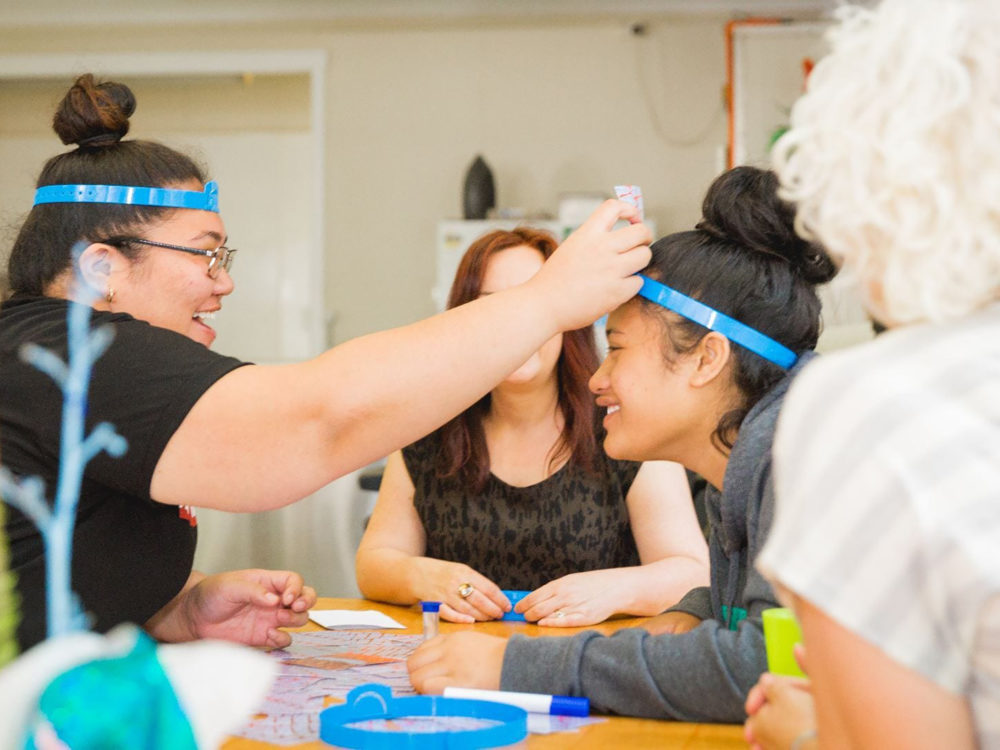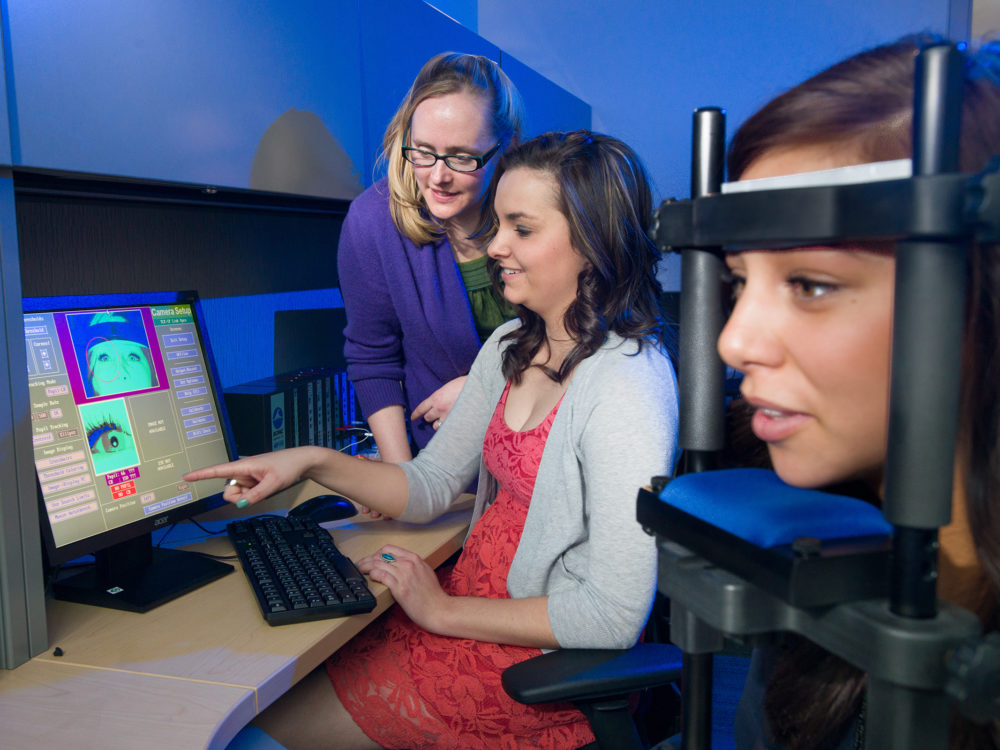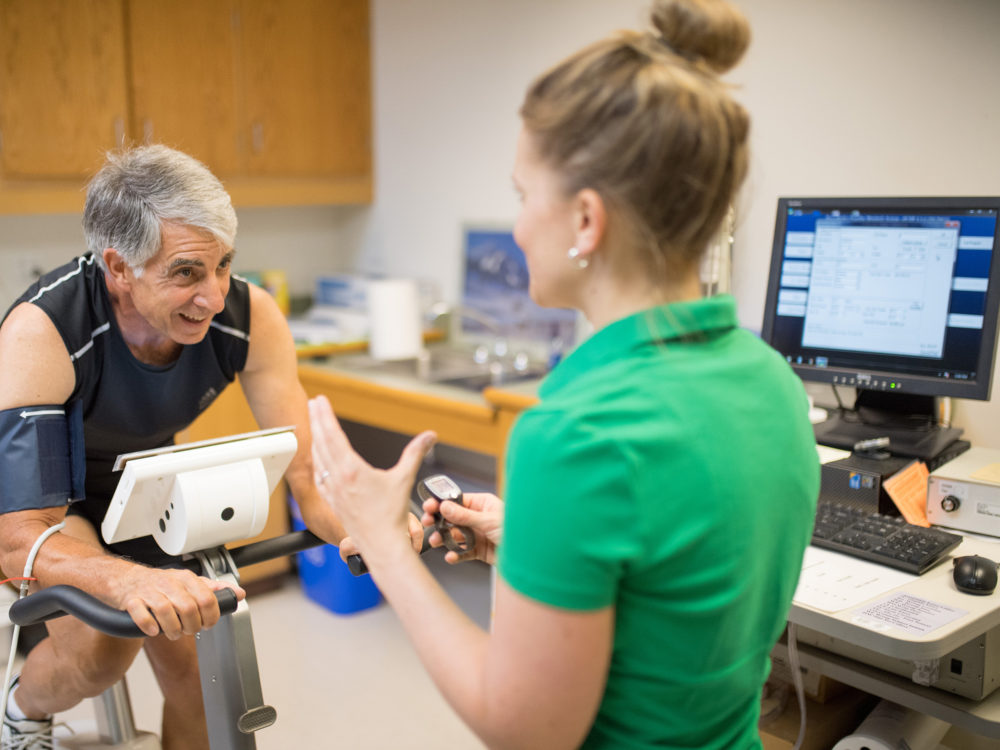Risk, Resilience, and Developmental Psychopathology
Faculty pursue research programs related to why individuals experiencing adversity have favorable outcomes, processes related to developmental psychopathology and atypical development, the nature of risk-taking behaviors, and developmental disabilities.

Treatment, Intervention, and Prevention Science
Most faculty in HDFS are concerned with translational research: How to devise effective intervention and treatment strategies that are based on empirical evidence and careful program evaluations. Such endeavors encompass school-based programs, substance abuse prevention for youth and treatment for young adults, Extension programs, interventions that promote work/family balance, and evaluations of family therapy. Policy analysis also is a key part of prevention science.

Emotion, Regulation, and Relational Processes
Socioemotional processes are a focus of HDFS faculty research (e.g., emotional development; attachment) as are various aspects of regulation including self-regulation and emotion regulation. Such processes are essential to school readiness and success, which is a common thread of several faculty research programs. Relational processes include a focus on parenting, family caregiving, and family/school linkages.

Adult Development and Aging
Several faculty focus their research on emerging adulthood and development in midlife and the later part of the lifespan, as well as intergenerational family relationships. Developmental processes include healthy aging, awareness of age-related change, cognitive, and self-regulation changes across the adult years.



